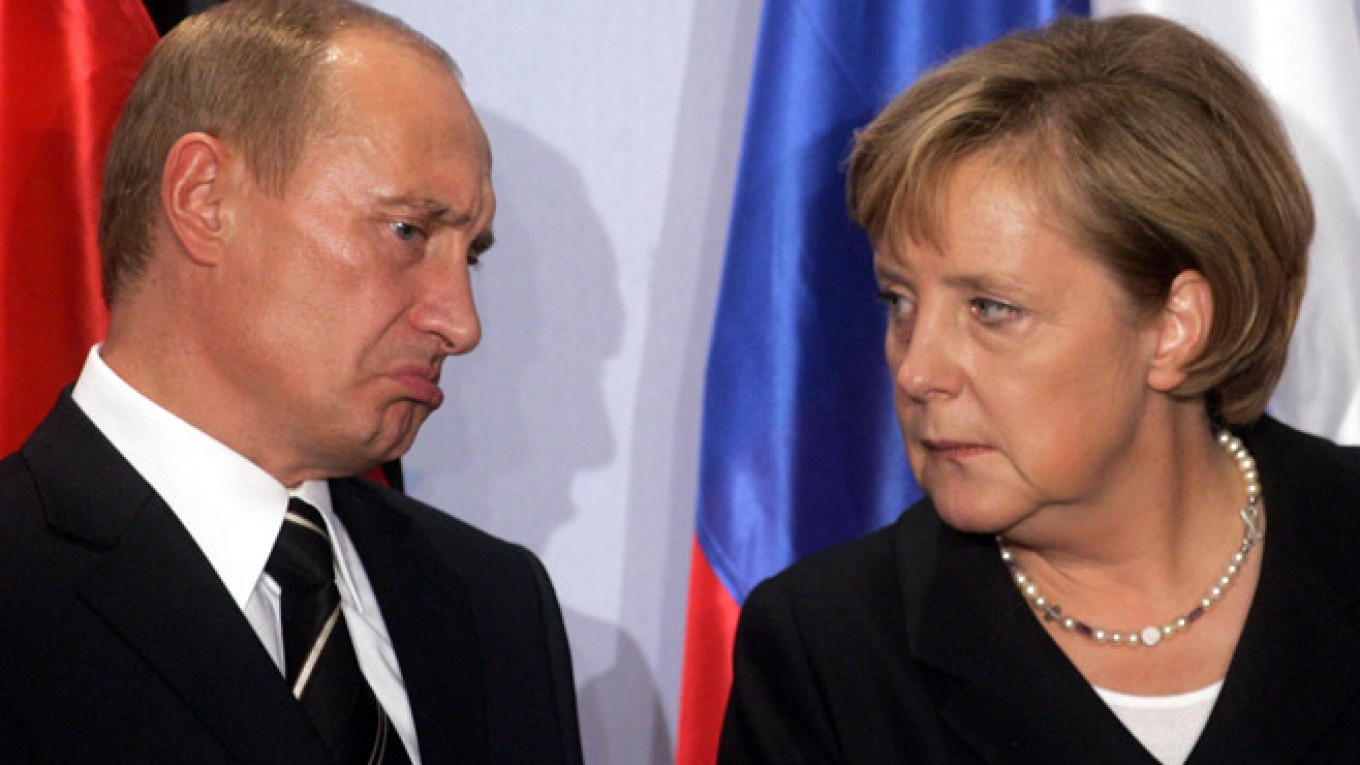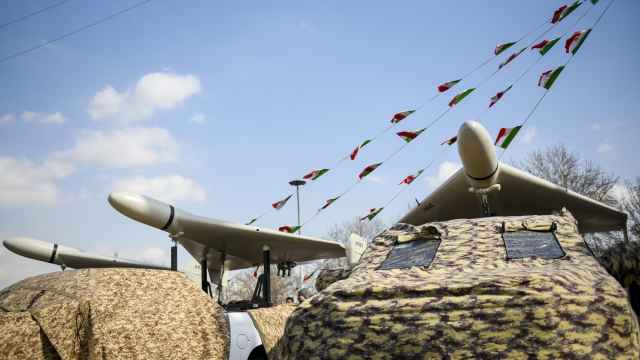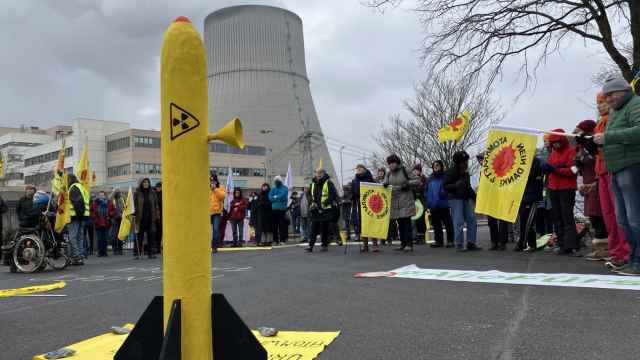German Chancellor Angela Merkel allegedly told U.S. President Barack Obama recently that President Vladimir Putin is living "in another world." This is indeed how it looks, from a German perspective. In character and attitude, Germany and Russia are the antipodes in today's international system.
The contrast between Germany and Russia can be described and explained by both countries' historical experience. In the way it perceives international order, Russia continues to live in the system of great powers that existed in Europe for centuries.
The division of Europe into spheres of influence in 1945, as well as the bipolar order during the Cold War, stood in the tradition of 19th-century-style European power politics. The claim to spheres of interest has apparently survived the breakdown of the Soviet Union, as the war in Ukraine demonstrates.
Unlike Russia, Germany has experienced a radical break with the great-power tradition. The Bundesrepublik, which was founded in 1949, defined itself as the antithesis to Nazi-style power politics. It has been embedded into a double system of limited sovereignty in NATO and the European Union.
With the struggle for mastery in Europe replaced by U.S. hegemony, Germany was able to focus on the economy and a fair distribution of national income. The renouncement of territorial claims and relinquishing aspirations to dominate its neighbors became the formula that made recovery possible.
It is precisely this break with the tradition of power politics and the integration into international and transnational entities that gives Germany its greatest asset: trust among neighbors and partners. Germany has become freer, safer and more prosperous than it has ever been before.
Today it is the paradigmatic "postmodern" state, happy to prefer cooperation and coordination over what Germans see as futile, old-fashioned chimeras of national superiority and greatness. Even on the radical fringes, nobody is calling for bringing Strasbourg, Prague or Kaliningrad "home" to Germany.
The breakup of the Soviet Union did not lead to similar developments in Russia. The country has never really opened up to integration into the international system, and it has never been forced to do so, as Germany after World War II initially was. Maybe Russia was too large, still too powerful, and too wedded to its history as an empire.
Russia wants to maximize its sovereignty and freedom to act. It does not compare itself to countries like Japan, Germany or France, which have integrated into the global system by accepting U.S. leadership. Instead, Russia takes the United States as the benchmark of its position in the international system.
Moscow does not seek deep engagement with international institutions and international rules; it looks at them merely as instruments to aggrandize its power. What counts is power in an archaic sense: the ability to force others to do what one wants.
This is a view of the world that Russia can only afford, or thinks it can afford, because of its position as an energy supplier in the international system. It sells raw materials and imports manufactured goods.
Germany, by contrast, is integrated into global value chains. It needs safe trade routes, a stable and reliable system of international rules and norms, prospering markets and well-governed states. Germany needs to be liked for economic reasons.
Since Helmut Kohl and Mikhail Gorbachev negotiated German reunification in 1990, it has appeared as if both countries would be on a trajectory to an ever closer partnership. Now both countries have been drawn into a conflict over a Ukraine that wants to break free from Russian domination and enter the postmodern, economic sphere of the EU. Not a new Cold War, but a new conflict between two systems built on antithetical principles.
Ulrich Speck is a visiting scholar at Carnegie Europe. This is a shortened version of an article originally published by Carnegie Europe.
A Message from The Moscow Times:
Dear readers,
We are facing unprecedented challenges. Russia's Prosecutor General's Office has designated The Moscow Times as an "undesirable" organization, criminalizing our work and putting our staff at risk of prosecution. This follows our earlier unjust labeling as a "foreign agent."
These actions are direct attempts to silence independent journalism in Russia. The authorities claim our work "discredits the decisions of the Russian leadership." We see things differently: we strive to provide accurate, unbiased reporting on Russia.
We, the journalists of The Moscow Times, refuse to be silenced. But to continue our work, we need your help.
Your support, no matter how small, makes a world of difference. If you can, please support us monthly starting from just $2. It's quick to set up, and every contribution makes a significant impact.
By supporting The Moscow Times, you're defending open, independent journalism in the face of repression. Thank you for standing with us.
Remind me later.






